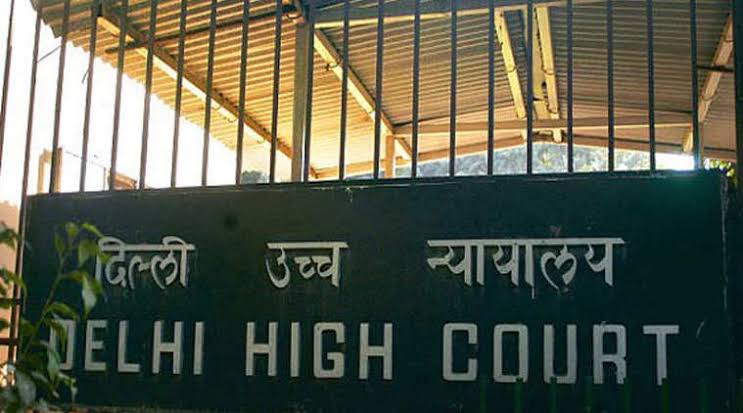
The Delhi High Court denied the bail of an accused, Saleem Malik alias Munna in a case alleging a larger conspiracy behind the 2020 North East Delhi riots, wherein the court observed that he attended ‘conspiratorial meetings’ and was also one of the organizers of the Chand Bagh protest site where alleged inflammatory speeches were given.
Since June 25, 2020, Malik has been in judicial custody.
It was noticed by Additional Sessions Judge Amitabh Rawat in an order running 40 pages that Malik had attended the alleged conspiratorial meeting held on 16th or 17th February 2020 at Chand Bagh and another meeting on 20th or 21st of February 2020 where, as per the chargesheet, the discussion on the riots took place.
The Court while noting that Malik was not part of WhatsApp groups like DPSG, MSJ, JCC or Pinjra Tod, the court said that the chargesheet however alleges that he took part to commit the riots in the alleged conspiracy.
The Judge stated that it is not necessary that in a case of conspiracy, every accused should play part in every aspect of the conspiracy.
While it was argued by the counsel appearing for Malik’s that the statements of witnesses were either false or delayed or contradictory and must not be relied upon, the court stated that at the stage of bail, the statements of all the witnesses have to be taken ‘at face value’ adding that their veracity will test at the time of cross-examination.
The Court found that there was sufficient incriminating material against Malik to deny him bail in the matter, therefore, perusing various statements of the prosecution witnesses.
The Court stated that at the time of riots, the accused, Saleem Malik was present in NorthEast Delhi and the accused Saleem Malik was connected with accused persons namely Saleem Khan, Athar, Shadab and Suleman (Proclaimed Offender). Thus, the role of these accused persons and others also has to be considered while understanding role of present accused/applicant.
Adding to it, it stated that on the perusal of the chargesheet and accompanying documents, for the limited purpose of the bail, the court is of the opinion that allegations against the accused Saleem Malik alias Munna are true.
Thus, it was concluded by the court that there were reasonable grounds for believing that the accusations against Malik were prima facie true and therefore, the embargo created by Section 43D of UAPA and section 437 of CrPC will be applicable in the present matter.
The Court while taking note of the charge sheet observed and stated that there was a premeditated conspiracy of disruptive chakkajam and a preplanned protest at 23 different planned sites in the national capital for escalating the same to confrontational chakkajam and the incitement to violence which resulted in the riots.
The Court stated that there was intentional blocking of roads to cause inconvenience and to cause disruption of the essential services to the life of community residing in NorthEast Delhi, causing violence with various means and then leading to the February riots. However, the target was to block roads at mixed population areas and encircle the entire area completely stopping the entry and exit of citizens living there and then creating panic to attack on police personnel by women protesters in front only being followed by other ordinary people and is engulfing the area into a riot and the same would be covered by the definition stated under terrorist act.
Adding to it, the court stated that the weapons used and the manner of attack, the destruction caused shows it to be preplanned. Thus, the acts which threaten the unity and integrity of India and causes friction in communal harmony and creates terror in any section of the people, by making them feel surrounded results in violence and is also a terrorist act.
The FIR lodged against Malik contains stringent charges including Sections 13, 16, 17, 18 of the UAPA, Sections 25 and Section 27 of the Arms Act and the Section 3 and Section 4 of the PDPPA Act, 1984
However, the main charge sheet was filed against Pinjara Tod members and JNU students Devangana Kalita and Natasha Narwal, Jamia Millia Islamia student Asif Iqbal Tanha and student activist Gulfisha Fatima.
Further, the others who were charge-sheeted included former Congress Councilor Ishrat Jahan, Jamia Coordination Committee members Safoora Zargar, Meeran Haider and Shifa-Ur-Rehman, suspended AAP Councilor Tahir Hussain, activist Khalid Saifi, Shadab Ahmed, Mohd Salim Khan, Tasleem Ahmed and Athar Khan.
Accordingly, a supplementary charge-sheet was filed against Umar Khalid and JNU student Sharjeel Imam.
The post Court denies bail to accused in Delhi riots larger conspiracy case: Attended ‘conspiratorial’ meetings, organized protest appeared first on The Daily Guardian.




